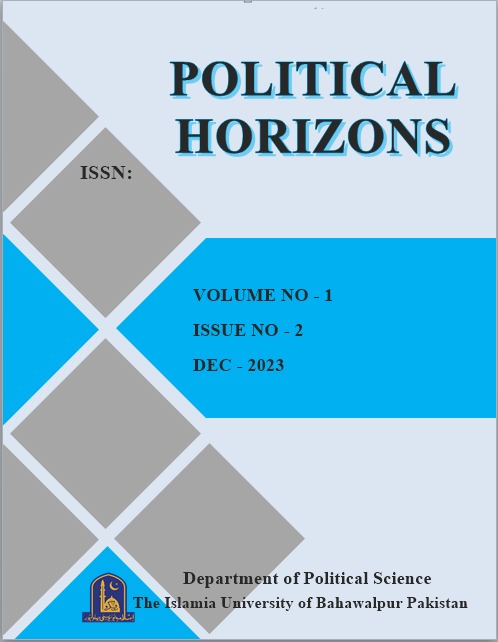NUCLEAR WEAPONS OF MASS DESTRUCTION AND THEIR IMPACT ON HUMAN AND ENVIRONMENT
Abstract
This paper provides the natural consequences of the creation of weapons of mass destruction (WMD), especially nuclear weapons, creating a huge gap in existing non-proliferation systems and security thinking. Nuclear weapons are being recognized in various parts of the global network as being used for security purposes. In reality, nuclear weapons produce the same air blast effects as conventional explosive weapons. It can directly damage a person's eardrums and can also affect the lungs. Natural deprivation is a worldwide phenomenon that affects human populations, nearby and national security. Nature conservation is at the same time a security and human rights issue as well as an issue of climate change. Radionuclides are examples of chemicals involved in WMD, but beyond these there is a wide range of nuclear radiation and other byproducts, gaseous emissions, and developing solutions for photography. The main sub-sectors of environmental protection are the creation of WMD, and for the most part military projects. The local and international impacts of industries are particularly numerous.
Key words: Nuclear weapons, environment, carbon emission, fission, fusion

Downloads
Published
How to Cite
Issue
Section
License
Copyright (c) 2023 Political Horizons

This work is licensed under a Creative Commons Attribution-NonCommercial 4.0 International License.




